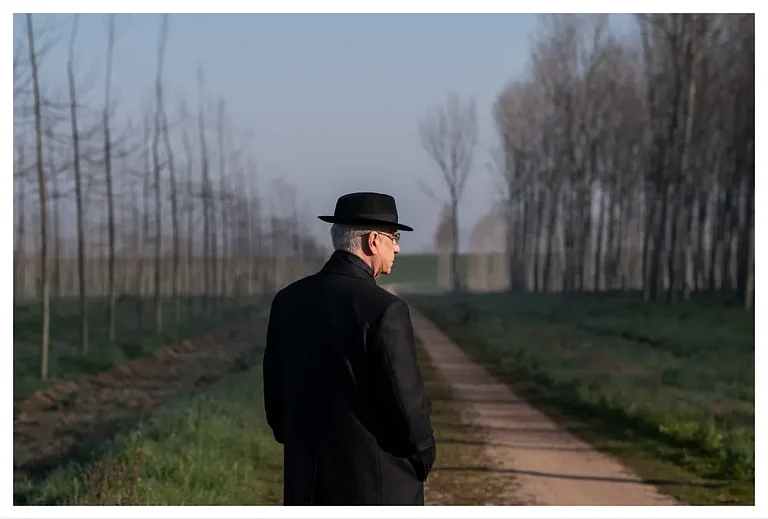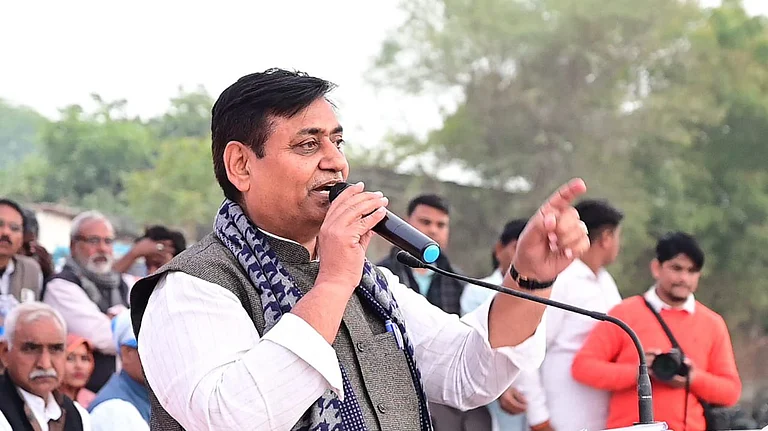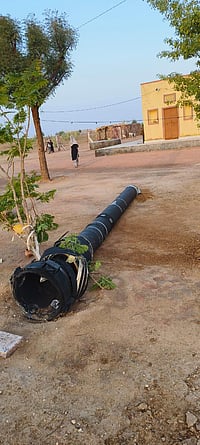In response to a troubling increase in student suicides in Rajasthan, the state government has drafted a new bill aimed at preventing such tragedies in coaching centres across the state. Key proposals in the bill include the establishment of a two-tier administrative system to oversee coaching institutes, mandatory registration of coaching centres with district authorities, limiting study hours to 5 hours per day, prohibiting classes during school hours to prevent the practice of 'dummy schools,' and imposing a penalty of ₹100,000 on institutes that violate these guidelines.
This year, there have been 15 reported suicides involving coaching students in the state—13 in Kota, and one each in Sikar and Jaipur. Additionally, a 16-year-old NEET student from Bihar was found dead in his hostel room, though whether this was a suicide is still under investigation, according to officials. The draft bill, titled the Rajasthan Coaching Centre (Control and Regulation) Bill, 2024, which Outlook has reviewed, is based on the Coaching Centre Regulatory Guidelines issued by the Union Ministry of Education in January 2024.
The Higher Education Department has stated that the new bill builds on the previous bill, which aimed to provide better mental support for coaching students. In 2022, the Rajasthan Higher Education Department introduced The Rajasthan Private Educational Regulatory Authority Bill-2022, but it was not tabled due to objections from some legal organizations. While the previous bill proposed a 5-member state-level authority to monitor coaching centres, the new bill suggests a two-tier system for improved oversight.
Key Provisions of the New Bill
The new bill proposes the formation of a 12-member Rajasthan Coaching Centres (Control and Regulation) Authority. This authority will be chaired by the Secretary of the Higher Education Department and include the Secretaries of the School Education Department, Medical Education Department, Technical Education Department, and the state's Director General of Police (DGP). The district panel will consist of the police superintendent (SP), Chief Medical and Health Officer (CMHO), and Chief District Education Officer.
The bill states, "shall develop a portal and provide necessary information about coaching centers, students enrolled, their residential place, register the coaching centers with all necessary details they think appropriate, install a helpline for students and parents to address queries, constitute Grievance Redressal Cell at the district and block level for prompt and effective resolution of the grievances of students and their parents."
In the new bill, a centralised portal to gather the information sent by the district authority regarding the coaching centres and the students and also may suo moto or upon any complaint, cause an inspection/enquiry and call any records of a coaching center. The owner or person-in-charge of the coaching center shall produce before the Authority such records as may be required by the competent officer during the inspection.
To register the coaching centres, the bill, directed the existing institute authorities to apply to the District Authority within three months of the bill's existence as a law. "In case of coaching centre having multiple campuses, each of such branch shall be treated as a separate coaching centre and it shall be necessary to submit a separate application for registration of each branch. The period of validity of the registration certificate shall be three years," reads the bill.
The bill also mandated the coaching centres to stop malpractices of bogus advertisement, false claims, lucrative offers, sure selection etc, conduct a mandatory screening test during admission, not segregating batches based on merit and not admitting student below 16 years old.
The draft also read, "Coaching classes for those students who are also studying in institutions/ schools shall not be conducted during their institutions/schools' hours so that their regular attendance in such institutions/schools remains unaffected and also to avoid dummy schools."
A mandatory weekly off for both teachers and students, a gatekeeping session for the teachers to better communicate with aspirants, and a set up of career counselling and psychotherapeutic service in every coaching centre were also recommended in the bill to keep the students stress-free.
However, to take a precautionary step, the bill also asked the coaching centres "to make the students and the parents aware of the intense preparation and the difference of school exams and competitive examinations during the admission."
Suicide Trends in Kota
According to figures from the Kota police, 13 coaching students have died by suicide in 2024. Kota recorded the highest number of suicides in 2023, with 29 cases. In 2022, there were 15 suicides. During the COVID-19 pandemic, when coaching institutes were closed and students studied remotely, suicides decreased significantly, with only 4 reported in 2020 and none in 2021.
A leading coaching centre owner in Kota commented to Outlook, “The new regulations will help establish greater authenticity within the system and provide a governing body to address concerns. We fully supported the regulatory guidelines introduced by the Rajasthan government on September 28, 2023.”
Under the new bill, the District Authority will have the power to establish Grievance Redressal Cells at the district and block levels and impose penalties on coaching centres for violations, ranging from ₹25,000 for a first offense to ₹100,000 for a second offense, with potential revocation of registration for subsequent offenses.




























